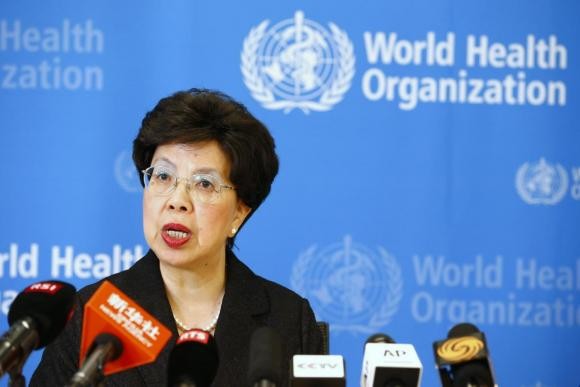The World Health Organization recently told mothers that it is important to establish with their babies immediately after giving birth to save newborn lives.
In a press conference held on March 5, Thursday, in the WHO Regional Office for the Western Pacific in Manila, Philippines, it said that sustained skin-to-skin contact between the mother and the child shortly after birth transfers warmth, placental blood and protective bacteria, and promotes exclusive breastfeeding.
WHO Regional Director for the Western Pacific Dr. Shin Young-soo told reporters, "We lose far too many newborn infants to preventable factors, such as disease. First Embrace addresses this challenge by urging women and health-care providers to take simple steps to protect babies during the crucial time immediately after birth."
Young-soo also launched WHO's First Embrace campaign to educate mothers about simple steps that will save more than 50 000 newborn lives, and prevent hundreds of thousands of complications each year from unsafe practices in newborn care in the Region.
Half of all deaths of children under-5 occur within the first month of life. For this reason, First Embrace highlights early essential newborn care (EENC) - a package of actions and interventions that address the most common causes of newborn death or disease, such as prematurity (being born too soon), low birth weight and severe infection.
"Separation of the mother and child immediately after birth is an age-old practice. But it occurs during a crucial time when babies are programmed to look for their mother's breast in order to breastfeed," added Dr Maria Asuncion Silvestre, a paediatric neonatologist who consults for WHO.
EENC begins with the First Embrace, sustained skin-to-skin contact between the mother and child shortly after birth. This simple act transfers warmth, placental blood and protective bacteria, and promotes exclusive breastfeeding.
Skin-to-skin contact should be followed by proper clamping and cutting of the umbilical cord with sterile instruments. Breastfeeding then initiates naturally at feeding cues, such as drooling, tonguing, rooting and biting the hand. Early initiation of breastfeeding is especially important because colostrum, or the first milk, contains essential nutrients, antibodies and immune cells.
"Colostrum acts like the baby's first immunization," explains Dr Howard Sobel, WHO regional coordinator for reproductive, maternal, newborn, child and adolescent health in the Western Pacific Region.



























